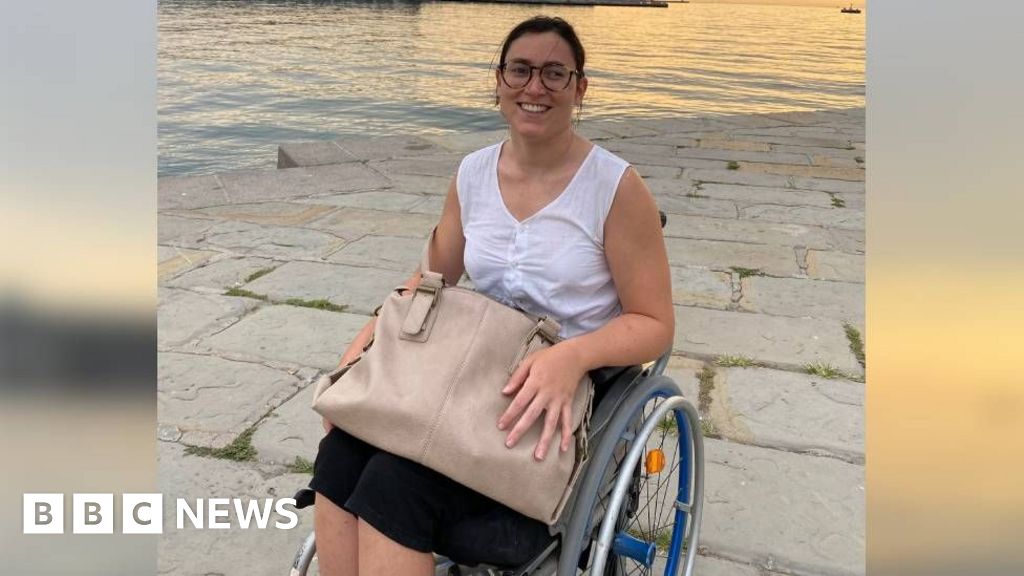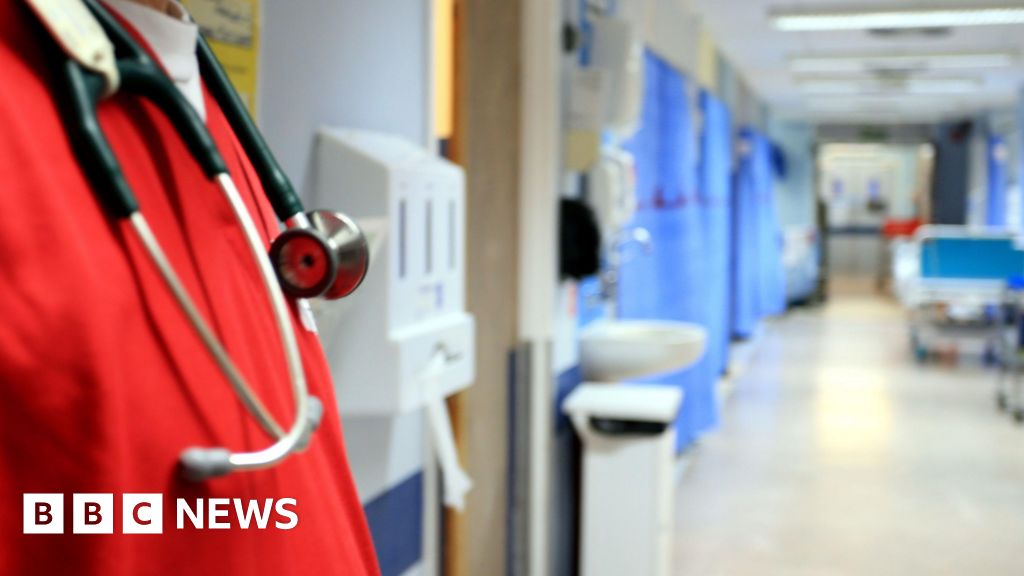A report about the neonatal unit where Lucy Letby worked was only shown to parents in full eight years after it was written, a public inquiry has heard.
An external review was commissioned in September 2016 after consultants at the Countess of Chester Hospital voiced their concerns about the serial killer.
A public version of the report was put on the hospital's website and a confidential, unredacted version, which contained reference to Letby, was kept private.
The mother of Baby E and Baby F, twin boys, told the Thirlwall Inquiry she had only seen the unredacted version this week.
Letby, from Hereford, is serving 15 whole-life prison terms after she was convicted in August 2023 of murdering seven babies and attempting to murder seven others between June 2015 and June 2016.
Senior managers had invited a team from the Royal College of Paediatrics and Child Health to conduct the external review of the hospital’s neonatal unit in September 2016.
Those managers had copies of the unredacted report as early as October 2016.
The mother of Baby E and Baby F, who cannot be identified for legal reasons, also told the inquiry that a consultant from the unit, whose name is also protected by a court order, had written to apologise for not being open and transparent about what was happening on the unit at the time of Baby E's death.
Baby E was murdered by Letby in the early hours of 4 August 2015, after she injected air into his circulation, the inquiry heard.
She then attempted to murder his brother, Baby F, by injecting him with insulin on the following day.
The twins' mother said it was a "really emotional moment" when she received the letter.
"It’s the first time that anyone from the Countess of Chester Hospital has apologised to us for what happened, and I think it was really brave of [the consultant] and a really kind gesture," she said.
The same consultant also apologised to the family in court for not ordering a post-mortem examination after Baby E died.
The inquiry heard how the baby's mother had walked in to find her son screaming, with blood on his face and Letby alone with him.
She told the inquiry, at Liverpool Town Hall, she believed she had interrupted Letby in the middle of her attack and caught her off guard.
The baby died a few hours later.
The next day his twin brother, Baby F, became suddenly ill with a surging heart rate, but recovered in the following days.
The baby’s mother revealed to the inquiry that the first time she knew that he had been injected with insulin was when the police asked her to take her son for an MRI scan as part of their investigation several years later.
The mother has made several suggestions for recommendations which she would like to see the Inquiry Chair Lady Justice Thirlwall make in her final report.
She has suggested that there should be mandatory post-mortem examinations for all babies who die on neonatal units, and there should also be a bereavement midwife on every neonatal unit or maternity suite.
The mother told the inquiry that she felt "guilty" for not requesting a post-mortem examination, adding it could have saved other babies.
"I carry our grief, but the sadness of the other families, because it should never have gone past that point," she said.
Lady Justice Thirlwall told her that she had nothing to blame herself for and that she had done a huge public service by giving evidence.
The mother also recalled how attentive Letby was to her.
"Whenever she used to see me she would hug me," she said.
"She was just as upset as me which, reflecting back on it now, is very odd behaviour, when none of the other nurses were really like that."
The inquiry continues.
 (1).png)
 3 months ago
13
3 months ago
13













